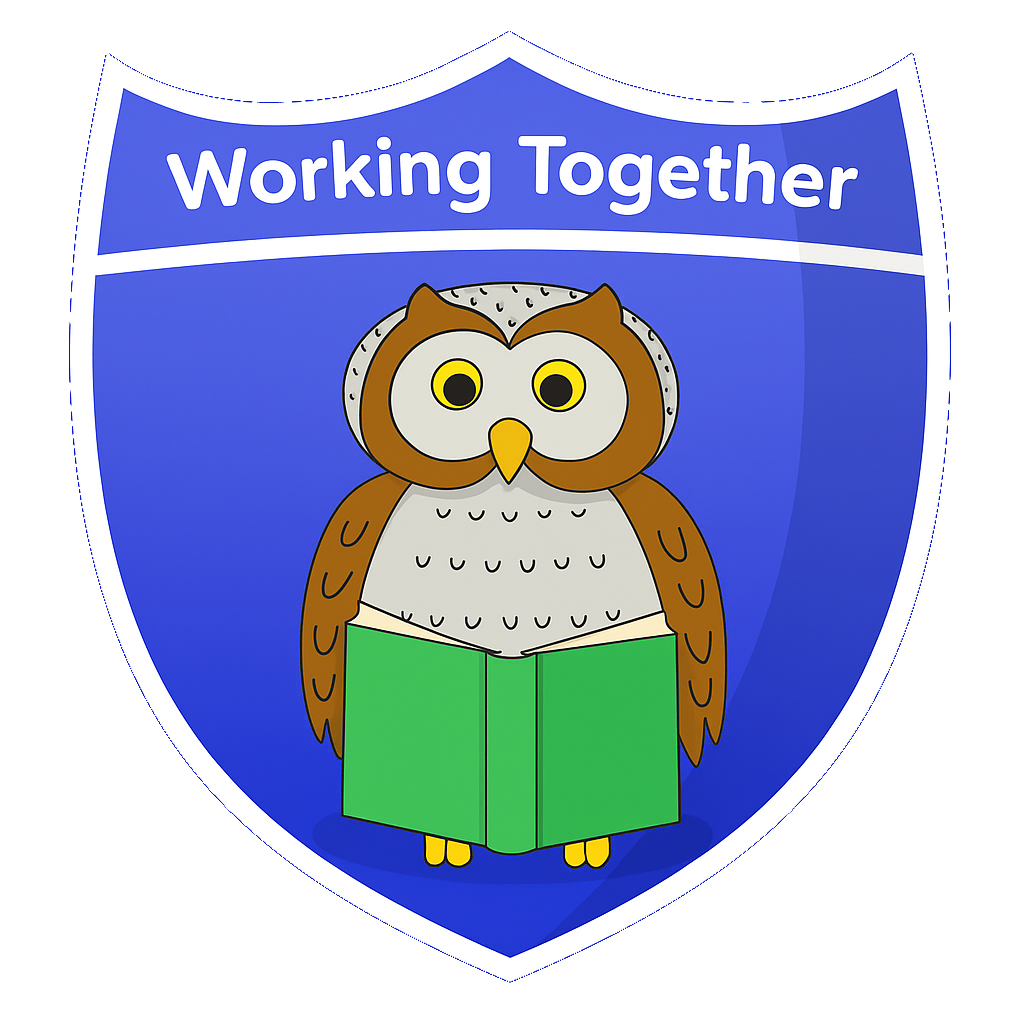EYFS Curriculum
The document the school follows in the EYFS is called "Development Matters" and it covers the age-range from birth to five. There are seven areas of development and these are:
The prime areas-
- Communication and language, which includes Listening and attention, Understanding and Speaking.
- Physical development, which includes Moving and handling & Health and self-care.
- Personal, social and emotional development, which includes Self-confidence and self-awareness, Managing feelings and behaviour & Making Relationships.
The specific areas-
- Literacy, which includes Reading and Writing.
- Mathematics, which includes Number & Space, shape and measure.
- Understanding the world, which includes People and communities, The world and Technology.
- Expressive arts and design, which includes Exploring media and materials & Being imaginative.
Each subject area ends with an Early Learning Goal statement and your child is expected to achieve the Early Learning Goal in all of the areas by the end of Reception. If your child achieves the Early Learning
Goal in the first twelve areas, they will have achieved the Good level of development and is considered to be ready for the next stage of their education in Year 1.
English:
At Godwin Primary we are committed to ensure that each child reaches their potential in English. In our nursery our staff enable all children to access the curriculum and develop communication skills as part of the Prime Areas of Learning in the Early Years Curriculum. Through role play and drama we strive to ensure that all children leave the nursery setting with a good level of development in their language skills. Through the Read Write Inc. phonics programme, the nursery and reception children begin their learning as early readers.
On entering Reception, the children's baseline in English is quickly established. Through Literacy and Communication and Language provision children develop their knowledge of phonic sounds and begin to apply it to simple stories. Comprehension skills are also developed and in guided reading children are challenged to read more complex texts. Literacy also ensures the creative writing grows throughout the Reception Year.
In Foundation Stage we also foster a love of reading. We ensure that a wide range of texts are read to and shared with the children. The children take home books so that our parents can support their reading at home. Our reading of traditional tales will lay the foundation for reading and writing for many years to come.
Mathematics:
The children will be taught a number of skills during the year, such as addition and subtraction to 10, and most of these will be of a practical nature. We also provide the children with plenty of opportunities to apply their mathematical knowledge and language to solving problems, recording scores during games and using the taught vocabulary during play, e.g. role-play scenarios and during construction activities.
The Outdoor Classroom:
The children will have plenty of opportunities to experience and explore the Outdoor Classroom throughout the different seasons and through all types of weather. The learning opportunities are extensive, for example, large construction followed by role-play, investigating pond life, growing and eating the produce with Mac the Gardener, making food in the Mud Kitchen and exploring dance and drama on the stage. With good quality interactions with the adults in the setting, the children's vocabulary, thinking and problem-solving skills will be developed and enhanced. They will greatly improve their ability to share, compromise and listen to and take account of others' ideas. They will have plenty of opportunities to carry out practical experiments and investigations, predicting what they think might happen and then discussing their findings.
